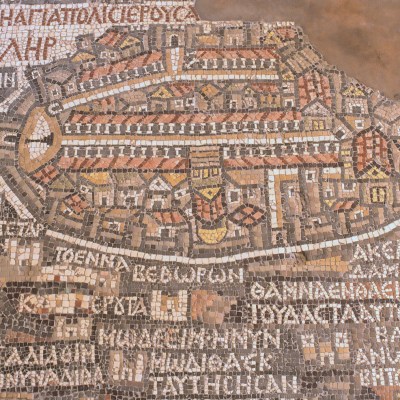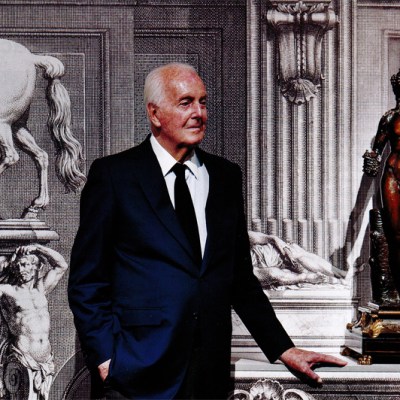The prize in this week’s book competition is Fra Angelico: Heaven on Earth (Paul Holberton Publishing). Click here for your chance to win.
Accompanying the exhibition at the Isabella Stewart Gardner Museum, Boston, this catalogue explores one of the most important artists of the Renaissance. Fra Angelico (c. 1395–1455) transformed Western art with pioneering images, rethinking popular compositions and investing traditional Christian subjects with new meaning. His altarpieces and frescoes set new standards for quality and ingenuity, securing his place in history. With the intellect of a Dominican theologian, the technical facility of Florence’s finest craftsmen and the business acumen of its shrewdest merchants, he forged the future of painting in Italy and beyond.
The exhibition reunites for the first time Fra Angelico’s four reliquaries for Santa Maria Novella (1424–34; Isabella Stewart Gardner Museum and Museo di San Marco, Florence). Together they cover key episodes in the life of the Virgin Mary and capture in miniature some of his most important compositional innovations. Assembled at the Gardner with exceptional examples of Angelico’s narrative paintings from collections in Europe and the United States, Heaven on Earth explores his celebrated talents as a storyteller and the artistic contributions that shaped a new ideal of painting in Florence.
Answer the following question, by 9 a.m. on 6 April, to win a copy of Fra Angelico (Paul Holberton Publishing)
Q: To which religious order did Fra Angelico belong?
For our last competition prize we offered Making the Americas Modern: Hemispheric Art 1910–1960 by Edward J. Sullivan (Laurence King Publishing). The question was:
Q: Who wrote the Anthropophagite Manifesto of 1928, inspired by a painting by Tarsila do Amaral?
Answer: Oswalde de Andrade
Congratulations to the winner, Brian Stabler



